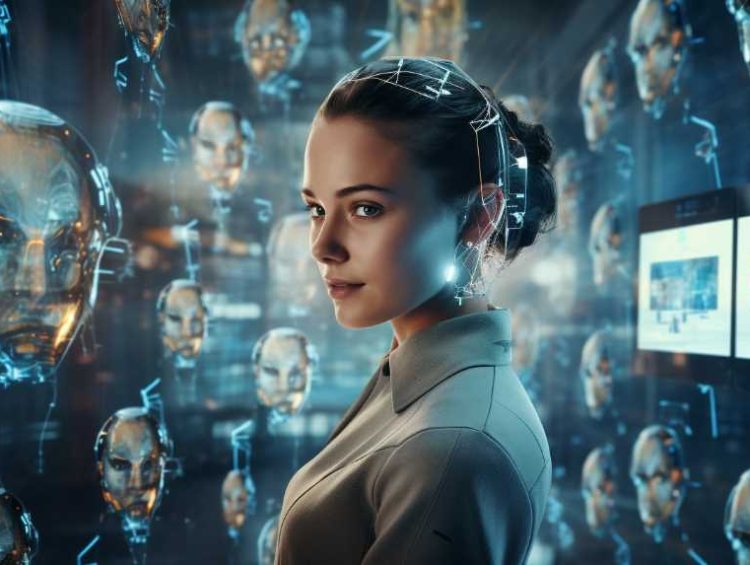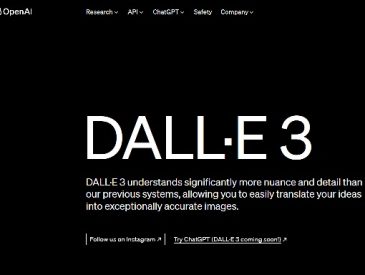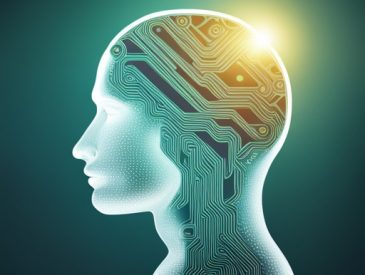In the ever-evolving landscape of technological advancements, two major revolutions have garnered significant attention and transformed the way we interact with the world: the Mobile Revolution and the AI Revolution. While the Mobile Revolution revolutionized communication and access to information, the AI Revolution is poised to redefine the very nature of computing, resembling the invention of the internet rather than the proliferation of smartphones.
The Mobile Revolution began with the release of the iPhone in 2007, setting the stage for a seismic shift in how we connect and consume content. The advent of smartphones brought about a remarkable transformation in our daily lives, offering unprecedented mobility, instant communication, and access to a wealth of information at our fingertips. Applications and services catering to various needs and preferences flourished, shaping new industries and disrupting traditional business models.
On the other hand, the AI Revolution represents a paradigm shift that goes beyond the mobile devices we hold in our hands. AI, specifically generative AI, has emerged as a powerful force capable of creating original content across different domains, including images, videos, music, and even text. It enables machines to learn, reason, and make decisions by mimicking human intelligence, challenging conventional notions of computing.
Unlike the Mobile Revolution, which primarily focused on enhancing convenience and connectivity, the AI Revolution has the potential to transform the very nature of computation. With advancements in machine learning, neural networks, and natural language processing, computers are evolving from mere calculators to cognitive systems that can comprehend, analyze, and generate human-like responses. This shift brings us closer to developing artificial general intelligence, where machines can perform intellectual tasks similar to human beings.
The impact of the AI Revolution extends far beyond smartphones and into various sectors. From healthcare and finance to transportation and education, AI has the capacity to revolutionize industries, improve efficiency, and drive innovation. It empowers businesses to leverage vast amounts of data, make accurate predictions, automate processes, and offer personalized experiences to customers.
However, it is crucial to approach the AI Revolution with caution and address potential challenges. Ethical considerations surrounding data privacy, algorithmic biases, and the displacement of certain job roles need careful examination. Responsible development, regulation, and transparency are paramount to harnessing the full potential of AI while mitigating any adverse consequences.
In summary, the Mobile Revolution and the AI Revolution represent two distinct yet interconnected milestones in technological progress. While the Mobile Revolution revolutionized connectivity and accessibility, the AI Revolution drives the transformation of computing itself. As AI advances continue to reshape industries and redefine human-machine interactions, it is imperative to embrace this revolution responsibly, ensuring that ethical considerations and human values remain at the forefront of AI development.
Sources
- The Mobile Revolution vs. The AI Revolution
- The Mobile Revolution vs. The AI Revolution – LinkedIn
- AI vs. mobile revolution, Yahoo spins out Vespa – YouTube
- How does the mobile revolution of the past decade compare with the AI revolution now? – YouTube
- Reddit co-founder: The AI revolution is ‘bigger than the smartphone
Get ready to dive into a world of AI news, reviews, and tips at Wicked Sciences! If you’ve been searching the internet for the latest insights on artificial intelligence, look no further. We understand that staying up to date with the ever-evolving field of AI can be a challenge, but Wicked Science is here to make it easier. Our website is packed with captivating articles and informative content that will keep you informed about the latest trends, breakthroughs, and applications in the world of AI. Whether you’re a seasoned AI enthusiast or just starting your journey, Wicked Science is your go-to destination for all things AI. Discover more by visiting our website today and unlock a world of fascinating AI knowledge.





